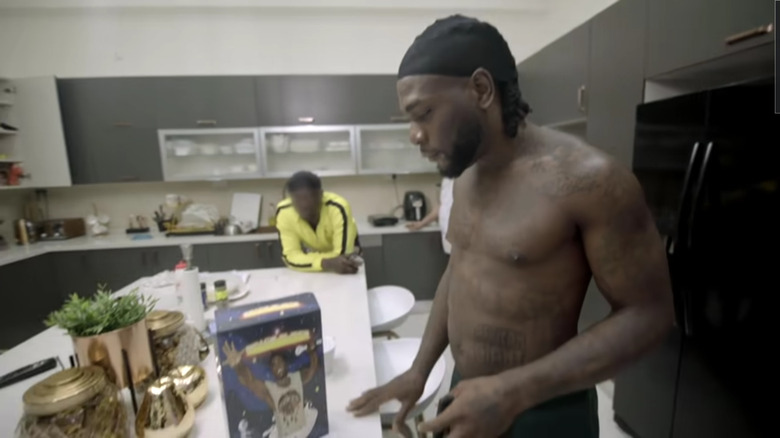Rap, a potent form of rhythmic expression, has roots that NPR attributes to New York City’s block parties in the 1970s. However, Four over Four suggests an even earlier origin, tracing rap back to West Africa, where storytellers intertwined their narratives with the beats of drums. One artist who seamlessly embodies this rich tradition is Burna Boy, also known as Damini Ebunoluwa Ogulu, as celebrated by The New York Times.

Hailing from Nigeria, Burna Boy carries the mantle of the West African historians, using his music as a powerful conduit for stories spanning the past, present, and future. Despite facing early career setbacks, including label issues in 2015 and initial oversight in his home country, Burna Boy’s fortune underwent a dramatic transformation in 2018.

As reported by The Fader, Burna Boy’s breakthrough moment came unexpectedly with the release of his album featuring the track “Ye” in 2018. Coincidentally, around the same time, Kanye West dropped an album titled “Ye.” Kanye’s fans, searching for his album, stumbled upon Burna Boy’s song. Intrigued by the discovery, some delved into Burna Boy’s extensive body of work.

This unforeseen turn of events led to a surge in international recognition for the Nigerian artist. Fast forward to 2022, and Burna Boy has solidified his position as a revered artist both locally and globally. His journey exemplifies the transformative power of music, transcending borders and resonating with audiences worldwide, reaffirming Burna Boy’s status as a modern griot, paving the way for the legacy of African rap.




